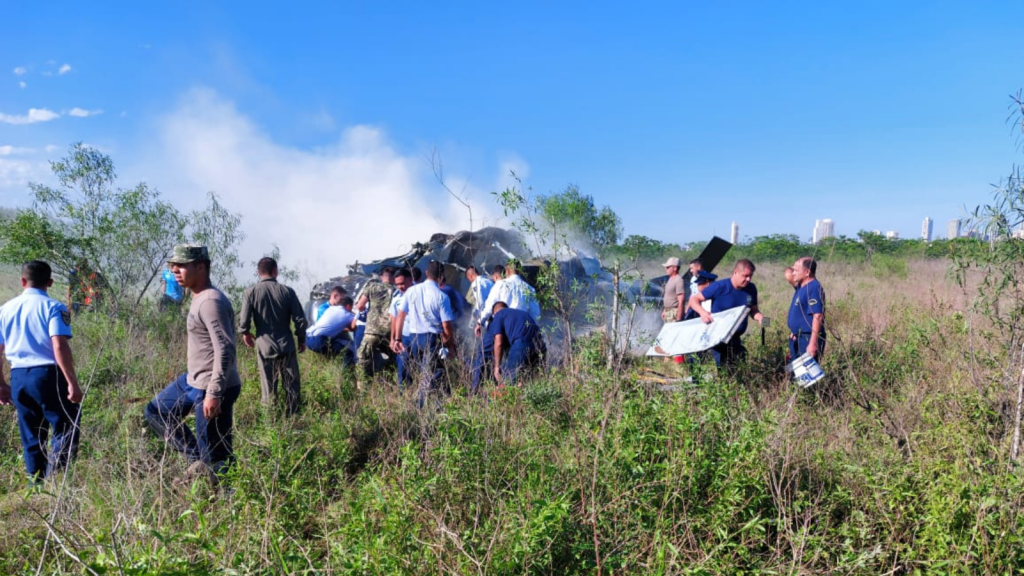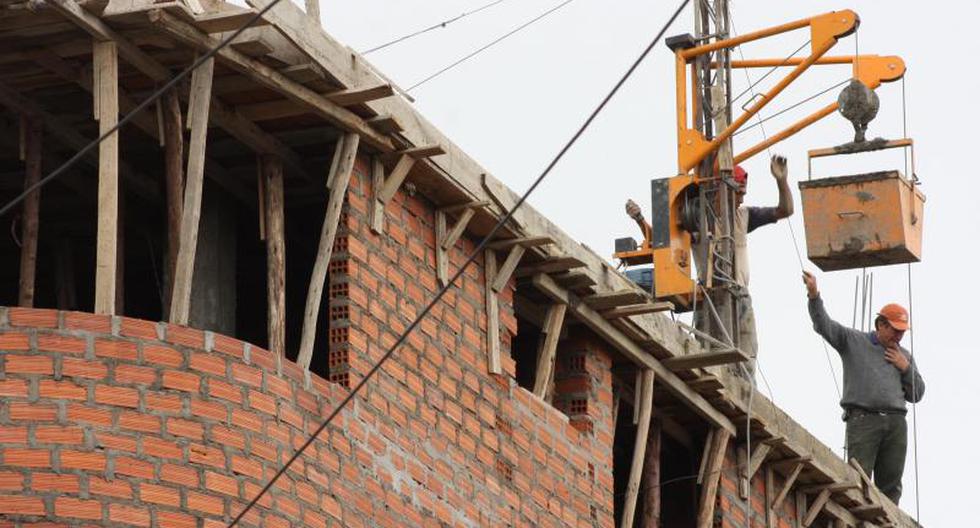Cuba held at least 712 political prisoners this December, compared to 134 in the same month last year, the Human Rights organization Prisioners Defenders (PD) reported on Tuesday.
The entity, based in Madrid, warned in its report available in its Web page, which has registered 805 political prisoners throughout the year on the island.
Since July 11, when the largest anti-government protests in decades took place, 562 people have been detained for political reasons, said PD, who mentioned in the document the opposition José Daniel Ferrer and the leader of the San Isidro Movement, Luis Manuel Otero Alcantara, imprisoned since that day.
He also highlighted at least 23 cases of minors (14, 15, 16 and 17 years of age during detention) who have been criminally prosecuted.
The complaint refers to the cases of the opposition José Daniel Ferrer and the leader of the San Isidro Movement, Luis Manuel Otero Alcántara
“The average age of the prison protesters is 34 years old, well below the demographic profile of Cuba, one of the countries with the highest population aging in the world,” PD said.
To the hundreds of previous political cases, it recognizes 11,000 people who at the end of 2019 were convicted or sentenced of conscience with sentences of one to four years, “a figure that has remained constant for many years.”
The unprecedented protests that broke out in the summer ranged from peaceful demonstrations to clashes with the police and looting in the streets of some towns in Cuba.
Those demonstrations fueled by shortages of basic products, medicines and long blackouts resulted in one death and a wave of arrests, including artists, opposition activists and independent journalists, estimated at several thousand by human rights activists.
The Cuban government, which blames the United States for promoting protests and social discontent, affirms that 62 people have been tried and the predominant crime is public disorder, although there are also accusations of contempt, resistance, instigation to commit a crime and damages.
The penalties for these crimes range from three months to one year in prison or fines or both, according to the Cuban Penal Code.
The 15N march called for a political change was deactivated by the Cuban Government with an unusual police deployment in the main cities
The magistrate of the People’s Supreme Court Joselín Sánchez told the official newspaper Granma in August that the Prosecutor’s Office received 215 complaints after July 11, mainly to find out where the detainees were.
The attempt to march on November 15 for a political change was deactivated by the Cuban government with an unusual police deployment in the main cities, repudiation rallies, arrests of opponents and blockades in the homes of activists and independent journalists.
Shortly before that date, the Cuban authorities revoked the accreditations of five Efe journalists. Then they restored only two of them and communicated to the Spanish Government their intention to return two more and grant, not before November 28, the journalist visa to the new head of the delegation. However, this has not happened yet.
________________________
Collaborate with our work:
The team of 14ymedio He is committed to doing serious journalism that reflects the reality of deep Cuba. Thank you for joining us on this long road. We invite you to continue supporting us, but this time becoming a member of our journal. Together we can continue transforming journalism in Cuba.






